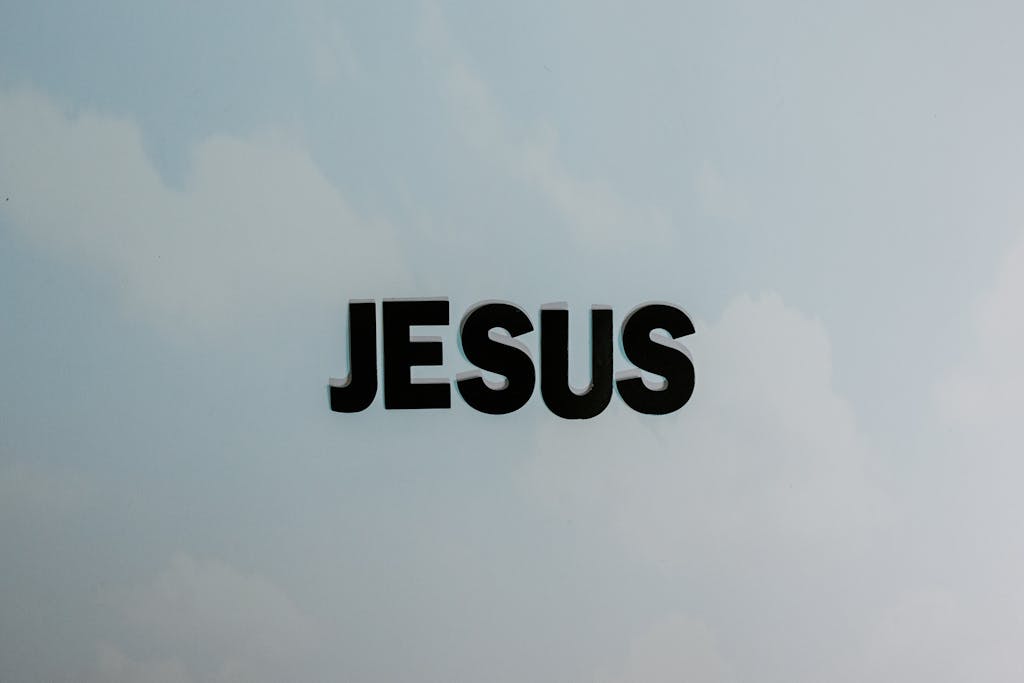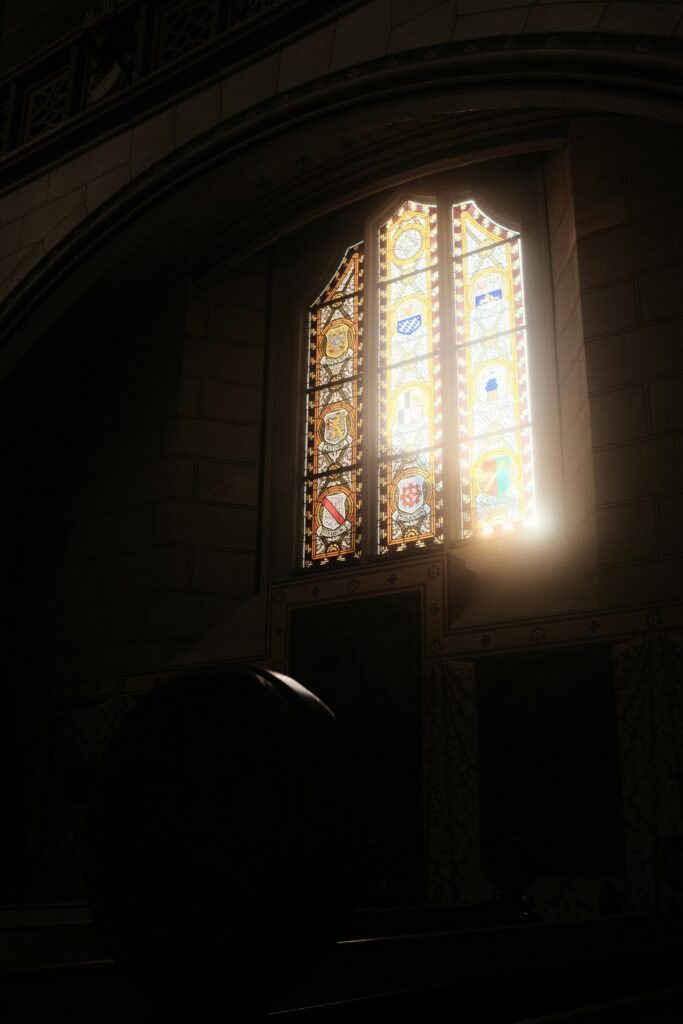Christian Nationalism: A Distortion of the Gospel
It’s time to speak plainly about Christian Nationalism—an ideology that marries faith with patriotism, confusing loyalty to God with allegiance to a political agenda. To be blunt, it’s a corruption of the Gospel of Christ, and it’s wreaking havoc across churches, communities, and political discourse.
At its core, Christian Nationalism insists that Christianity and national identity are inseparable. It demands a loyalty to a version of faith that’s shaped by exclusion, fear, and self-interest. This narrow, self-serving view of both faith and country leaves no room for diversity or dissent.
But here’s the truth that Christian Nationalists don’t want you to hear: their agenda has absolutely nothing to do with the teachings of Jesus.
The Betrayal of the Gospel
The Gospel isn’t about power or division. Nor is about fear or control. It’s about love without borders, grace without conditions, and justice for the oppressed. Jesus didn’t come to establish a kingdom of privilege; he came to lift up the marginalized and proclaim a love so radical it makes room for everyone at the table.
Christian Nationalism stands in direct opposition to this. It thrives on division, defining who belongs and who doesn’t. Manipulating faith into a tool of control, it also weaponizes Scripture to defend racism, sexism, homophobia, and xenophobia.
Does this sound like the Jesus who washed his disciples’ feet? The Jesus who healed the sick, embraced the outcast, and fed the hungry? Or does it resemble a desire for domination?
Faith Weaponized for Exclusion
Christian Nationalism takes the Christian ethic of love and turns it into a weapon. Baptized in nationalism, it rejects the Gospel’s call to sacrificial love and service, replacing it with an agenda of conformity and exclusion.
It’s a hollow faith, one that says: “Believe like we do, worship like we do, vote like we do, or you’re un-American, un-Christian.” Forget what Jesus said about loving your neighbor—Christian Nationalism draws lines that exclude anyone who doesn’t conform to its narrow vision.
Who Holds the Power?
Christian Nationalism claims that faith and power should be intertwined. But Jesus didn’t seek power. He didn’t use his influence to dominate or coerce–he renounced worldly power and aligned with the lowly. He didn’t build an empire–he proclaimed a kingdom of love, justice, and peace.
So how is it that Christian Nationalism claims to follow Jesus while doing the exact opposite? Instead of humility and service, it seeks power. Instead of inclusivity, it fosters division. It clings to dominance, even at the cost of truth, justice, and human dignity. To be clear, this isn’t the Gospel of Jesus Christ. It’s idolatry, plain and simple.
A Faith of Courage, Not Complacency
This is why Christian Nationalism isn’t just a political problem–it’s a theological crisis. And if we remain silent, we become complicit.
Paul’s words in Romans ring louder than ever: “Do not be conformed to this world, but be transformed by the renewing of your minds.” Called to reject division and embody something radically different, we must love without conditions, and seek justice not just for ourselves but for the vulnerable and oppressed. This means speaking truth to power while standing against forces that strive to manipulate faith for personal gain.
To be sure, rejecting Christian Nationalism requires courage. Standing up to those who misuse faith as a weapon is not simple or easy. It means challenging systems that perpetuate harm. Just as means recommitting ourselves to the Gospel that dares to love every neighbor as God loves us.
A Better Way Forward
The good news, though, is that Jesus has already shown us a better way. A way not found in political allegiance or fear of the “other.” The way of Christ is found in grace. And freedom. A freedom to serve and to love in such abundance that the powerful serve the weak, walls are torn down instead of built up, and love overcomes fear.
We can choose this better way—one that embraces the Gospel in all its boundary-breaking, life-giving, countercultural beauty.
So consider what this might look like in your life? In your community? How can you embody a faith that builds bridges, not walls?
The world needs this kind of faith: the kind that stands against exclusion, that refuses to bow to fear, and that reflects the heart of Christ—not the grasping hands of power, but the loving arms that pick up the hurting, the broken, the discarded.
We can choose the better way.







